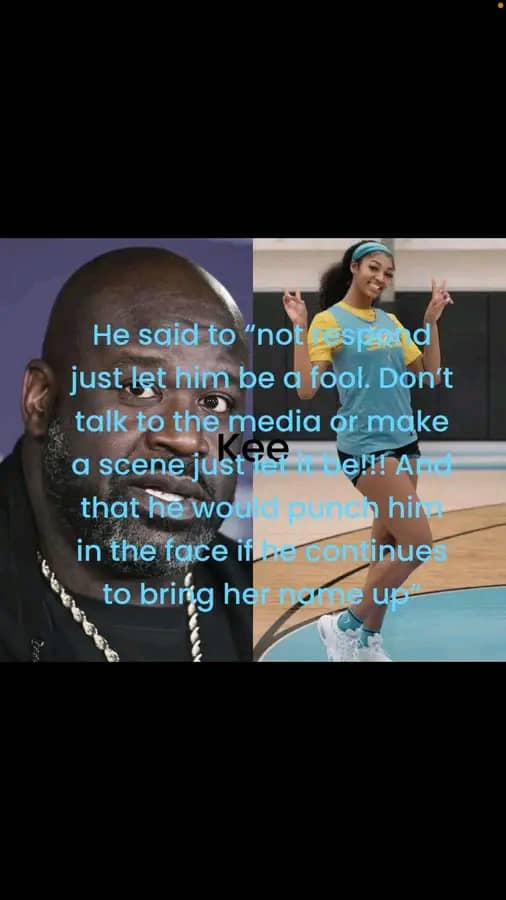Russian President Vladimir Putin appears unlikely to attend highly anticipated peace negotiations with Ukrainian President Volodymyr Zelensky, set to take place in Istanbul. While Kyiv has expressed readiness for direct dialogue, the Kremlin remains noncommittal, refusing to declare even a temporary ceasefire to facilitate discussions. Analysts believe Putin’s hesitation is deeply rooted in his need to maintain control over Russia through the ongoing conflict, which he has used as a political shield for over two decades. His absence at the talks sends a strong signal that peace may not be in the immediate interests of the Kremlin.
The Ukrainian leadership, on the other hand, is demonstrating a strong willingness to pursue a diplomatic resolution to the conflict. Zelensky has publicly accepted the offer to meet and stated his intention to be present in Turkey, waiting for Putin to show up. However, Moscow’s reluctance to implement even a limited ceasefire ahead of the meeting raises serious questions about the sincerity of its intentions. Former Ukrainian minister Anton Gerashchenko explained that peace threatens the Kremlin’s grip on power, as it could spark domestic dissent, expose economic vulnerabilities, and shift the balance of political power within Russia.
Gerashchenko pointed out that the Russian regime depends on a perpetual state of war to suppress opposition and maintain the loyalty of its armed forces. The continuation of hostilities provides a pretext for internal control and prevents the rise of rival political forces that could emerge during peacetime. In such a system, even peace talks are viewed with suspicion by a society steeped in state-run propaganda, which portrays any concession as betrayal. Thus, prolonging the war becomes not just a strategy but a survival mechanism for Putin’s government.
Meanwhile, former U.S. President Donald Trump expressed interest in attending the talks in Istanbul, despite his packed schedule of diplomatic engagements across the Middle East. Trump stated that if both Zelensky and Putin were to attend, he would consider flying in to help mediate. European leaders, including France’s Emmanuel Macron and the UK’s Prime Minister Keir Starmer, have backed the peace initiative but warned that Russia’s refusal to engage in a ceasefire before the talks could lead to further sanctions. The diplomatic community remains skeptical of Moscow’s vague assurances, especially in light of recent drone strikes launched by Russian forces.
Since launching its invasion of Ukraine in 2022 under the guise of a “special military operation,” Russia has seized significant portions of Ukrainian territory. Kyiv continues to reject any agreement that would cede land to Moscow, including Crimea, and firmly opposes any Russian demands that would limit Ukraine’s sovereignty or NATO aspirations. As world leaders push for an end to Europe’s most devastating conflict since World War II, the ultimate responsibility lies with the Kremlin. For peace to become a reality, it is Putin who must prove he is truly willing to end the war—not merely delay its conclusion.



